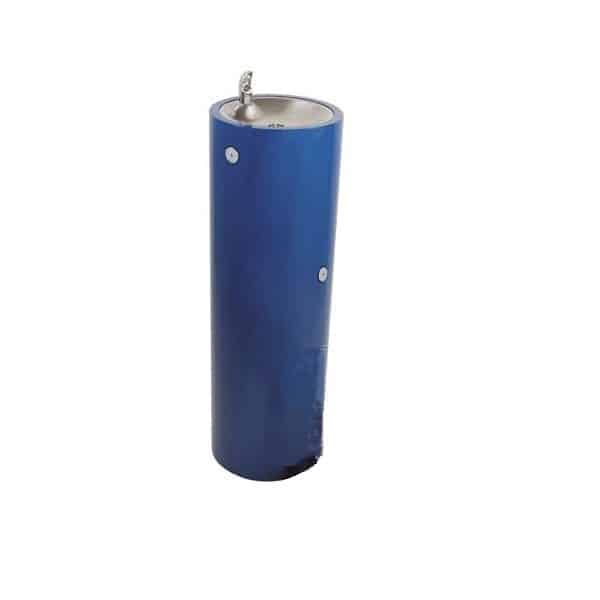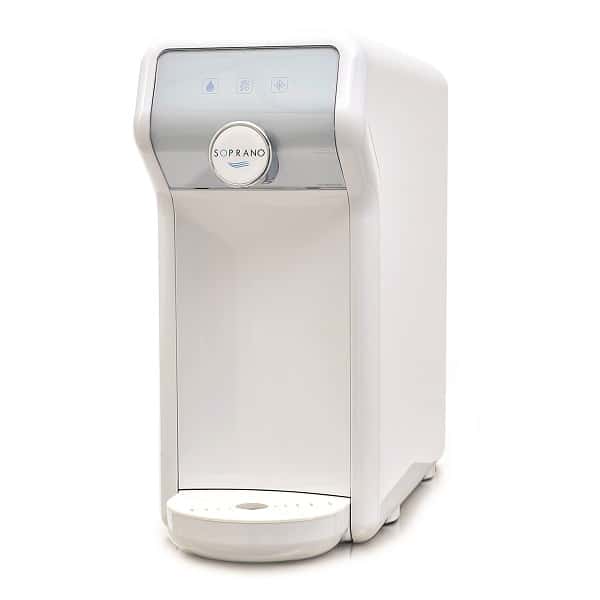Academy
Spa brands
In this section you will find a range of practical information related to our solutions. In the articles, we share our experience, discuss implementation steps and highlight good practices. It is a reliable source of information and advice on the provision of drinking water in public spaces, the legal regulations in this area, the benefits of installing drinking water dispensers and the technological aspects in this field.
We look forward to reading!
Amendments to the Act on collective water supply - new obligations for local authorities
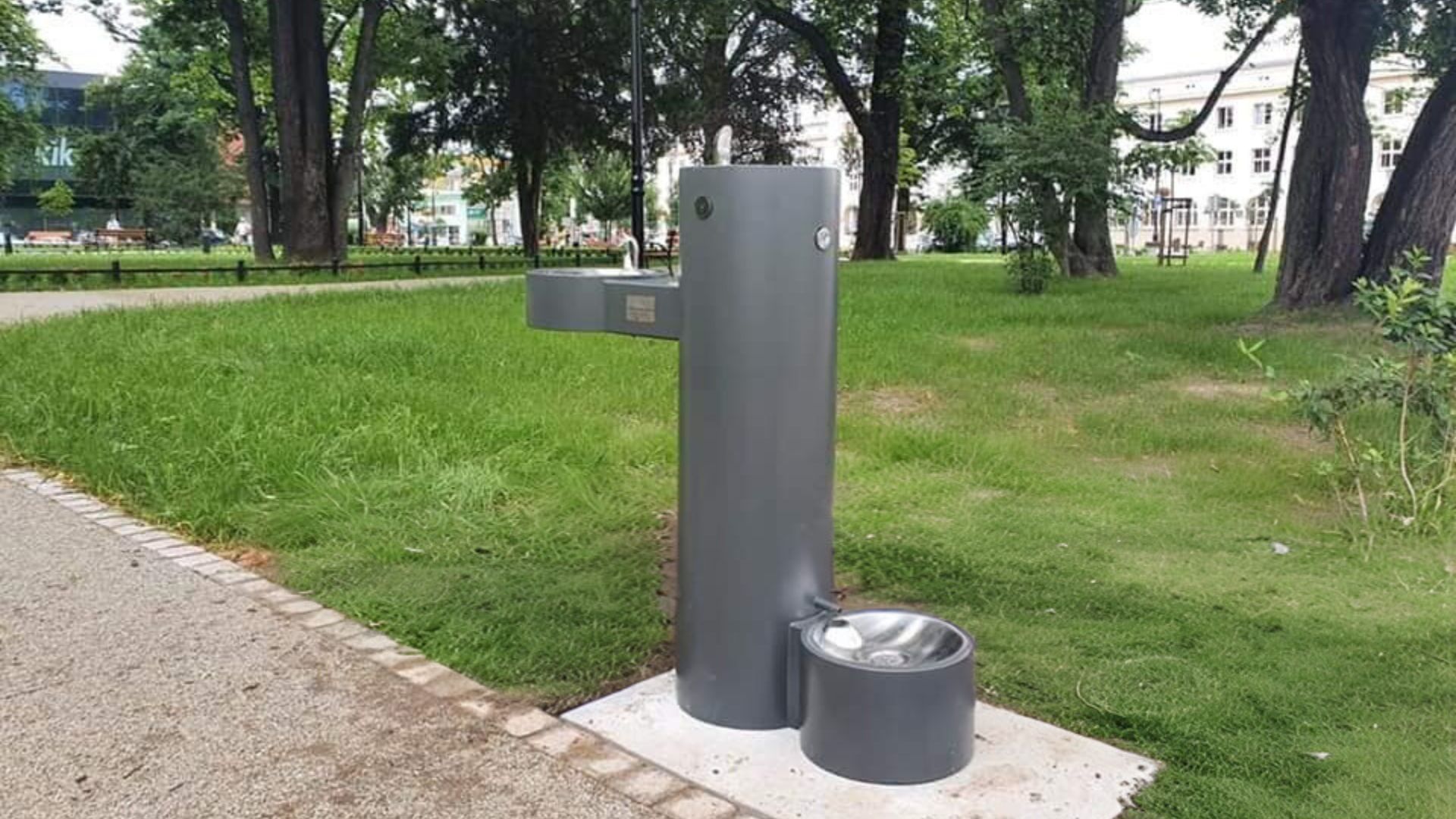
In recent years, the topic of access to clean drinking water has gained prominence across Europe, and the European Union has taken concrete steps to ensure high quality drinking water for its citizens. Poland, like other member states, is obliged to implement the solutions contained in Directive (EU) 2020/2184 of the European Parliament and of the Council of 16 December 2020 concerning the quality of water intended for human consumption. This Directive introduces new standards and obligations that must be introduced into national legislation.
Although the implementation deadline passed on 12 January 2023, Poland has not yet implemented all the changes, resulting in the preparation of an amendment to the Act on collective water supply and collective sewage disposal. According to its provisions, local authorities - mayors and city presidents - will be obliged to increase residents' access to drinking water by providing public water points.
Key principles of EU Directive 2020/2184
Directive 2020/2184 is part of a broader European Union policy to improve public health and protect the environment. Here are the main features of this document:
- High drinking water quality standards: The Directive introduces stricter water quality standards, requiring Member States to regularly test and monitor substances that may pose a health risk, such as microplastics, chemicals and other pollutants.
- Improved access to water: The Directive also aims to increase the availability of drinking water, in particular for vulnerable people. Member States are obliged to promote the use of tap water and to provide infrastructure for easy access to it in public places.
- Transparency and information to citizens: The Directive requires member states to regularly inform the public about the quality of drinking water. Consumers have the right to easy access to information on the chemical composition of water, its safety and the measures taken to improve it.
- Protection of water resources: An important element of the directive is the protection of water sources used by local water supply networks. Member states must introduce measures to minimise water pollution, which contributes to the long-term conservation of natural resources.
New responsibilities for local authorities
In the context of the amendment of the Polish law on collective water supply, local authorities will have to face new challenges. One of the main obligations under the bill will be to provide residents with better access to drinking water by creating public water points. Solutions such as public water springs or stations with clean drinking water will become a necessity in public spaces such as parks, squares or city centres.
It should be noted that solutions of this type not only comply with the requirements of the EU directive, but are also an effective way of promoting drinking tap water as an alternative to bottled water, which has a positive impact on both the environment and residents' wallets.
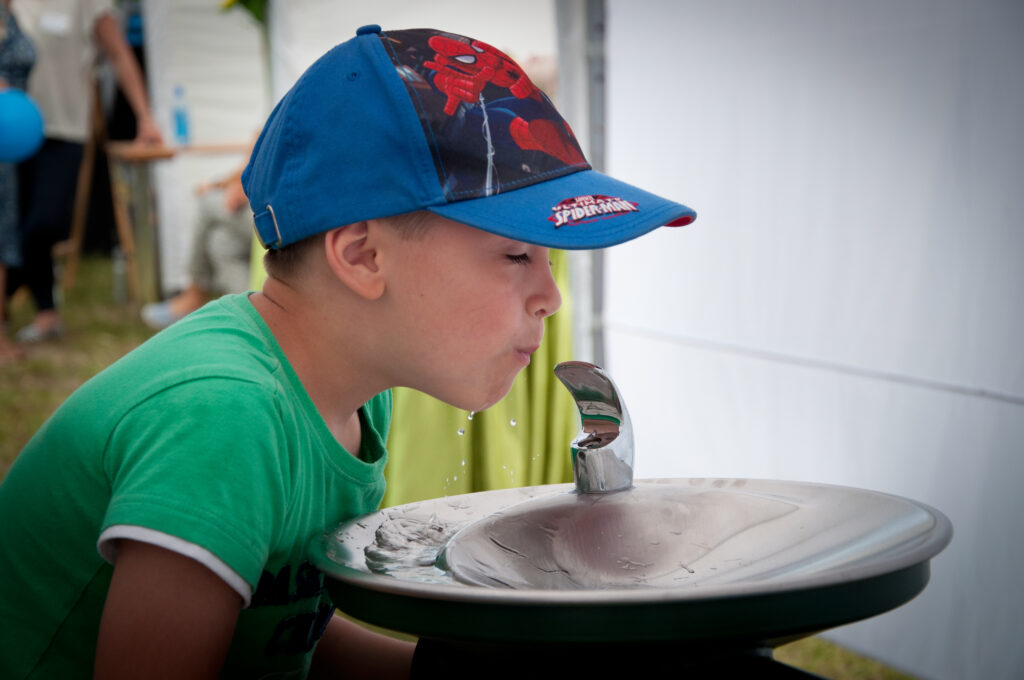

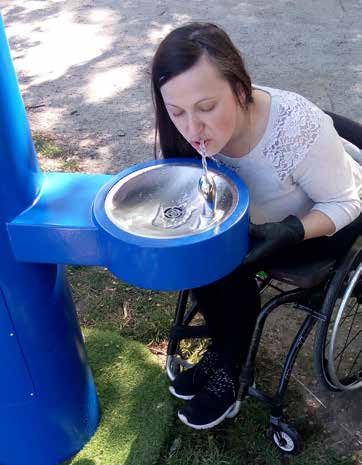
Our solutions support local authorities
In response to new regulations and the needs of local authorities, we offer modern and efficient solutions to help meet the requirements arising from the EU directive. Our water spigots and drinking water stations not only facilitate residents' access to clean water, but are also recommended in legal standards as innovative solutions to support municipal infrastructure. They make it easy for local authorities to meet their new obligations while promoting an environmentally friendly approach to water use.
The amendment of the Act on collective water supply is a key step towards improving access to drinking water in Poland. The introduction of public water points will help to meet the requirements of the EU Directive 2020/2184 and will also have a positive impact on the health of residents and environmental protection. Using innovative solutions available on the market, such as wells and water stations, local governments can easily meet the new challenges and provide high-quality drinking water for all.




